In honor of the first ever Trans Day of Visibility, queer advocate and community leader Jacob Tobia has partnered with Instagram and GLAAD to unveil a gorgeous, heartwarming new project: #KindComments.
It's like the opposite of "Mean Tweets"--trans celebs (including favorites, like Gigi Gorgeous and Trace Lysette) read nice things written about them in a beautiful 60-second Instagram video. Take a look at the video and read our interview with Tobia, below:
OUT: What was the process of developing the idea for this film?
Jacob Tobia: It all really started with a phone call. My friend, who works on the Instagram team, reached out to me and said, "Instagram wants to do something really special for Trans Day of Visibility, and I'd love to brainstorm with you." While we were on the phone, towards the end of our call, I was like, "Wait, what if we do like the opposite of Jimmy Kimmel's 'Mean Tweets' and get a bunch of brilliant trans Instagram community members to read gorgeous comments about them from their followers." And just like that, the #KindComments concept was born.
What compelled you to reach out to each of the people involved?
We had two main priorities when we were reaching out to folks; we wanted to focus especially on trans folks with intersectional identities, and we wanted to pick people who were very visible within the community. One of the core tenets of the project is that trans folks who choose to be visible hold a lot of weight on behalf of the community--sharing their stories vulnerably, putting their hearts on the line to help trans folks know that they're not alone. So we wanted to pick folks who have dealt with a lot in terms of making their lives public, and surprise them with a project that was all about how great they are. I wanted this project to feel like a big hug for people who are doing so much for the community. That was a big part of why we chose who we chose. But there were many, many, many more people that we wanted to feature--it's just that the video could only be 60 seconds.
How do you feel trans and queer visibility has progressed for us as a nation?
I think it's always important to remember that visibility is a strategy, not an end goal. Visibility is a means to an end; it is a tool that we use to humanize trans people, but it doesn't automatically improve trans people's lives. In fact, in the beginning visibility can make a community even more vulnerable because it causes backlash. When a community refuses to be silent--refuses to stay in the shadows any longer, a lot of people are going to be mad. We've seen that across the country over the past five years, with increases in hate violence directed at trans folks (particularly trans women of color) and with legislation across the country targeting our right to access public facilities and safely receive an education.
What's a message you would give to queer readers feeling hopeless in these dark times?
As a community, resilience is in our bones. We are so much more resilient and powerful than the people who are trying to hurt us right now. Yes, things may be bad on a legal level, and yes, things may be scary at times, but as queer and trans people we're going to get through it how we've always gotten through it: by supporting the hell out of each other, loving intensely, and engaging in some of the most brilliant activism the world has ever seen.
How do you feel social media can be a powerful tool for sociopolitical change?
Social media helps to connect and affirm people. It helps folks who are struggling to find people like them in their immediate communities connect with a broader queer community out in the world. For so many queer/trans people, social media has been a tool of survival, a way of bolstering our mental health and finding support. It isn't perfect certainly, but the tools are quickly evolving to make it that way. For example, Instagram recently unveiled a feature (that I didn't even know about until last week!) that allows you to screen comments for hate speech and other key words on your page. That means that trans and queer public figures can help keep their pages safer from the trolls and can double down on the supportive, nurturing communities that they're already building.
How has it been working with Instagram and GLAAD so closely?
It has been remarkable. What was so powerful about this project for me is that Instagram didn't come to me saying, "Hello, a bunch of cisgender people on our team have come up with an idea for Trans Day of Visibility. Can you come in for a quick shoot?" Instead they said, "Hey, we want to find a way to honor your community, and as a community leader that we respect and love, how can we support you in creating something that will be impactful for the trans community on Trans Day of Visibility?" Not only that, but they supported me in hiring a trans photographer (Amos Mac) to do the portraits for the series, and a trans makeup artist (Cetine Dale). I think it's a perfect example for how companies can engage trans community leaders: don't just ask us to be part of projects that you've already designed--support us in making content for our own community. Self-determination matters and Instagram was absolutely incredible in helping me to actualize the vision for this project. GLAAD was wonderful, as always, and played a fantastic supporting role in helping the project get off the ground.
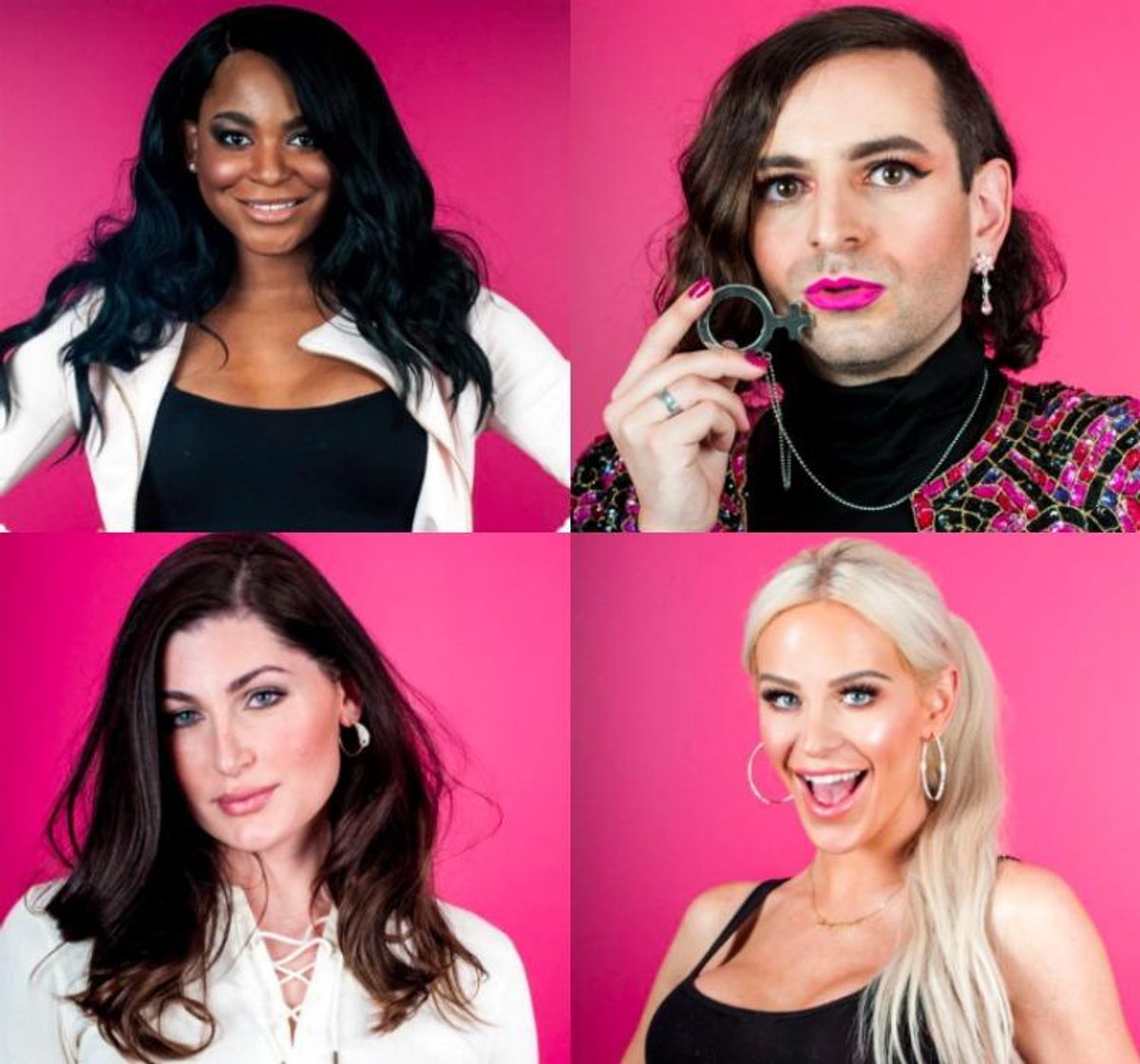


















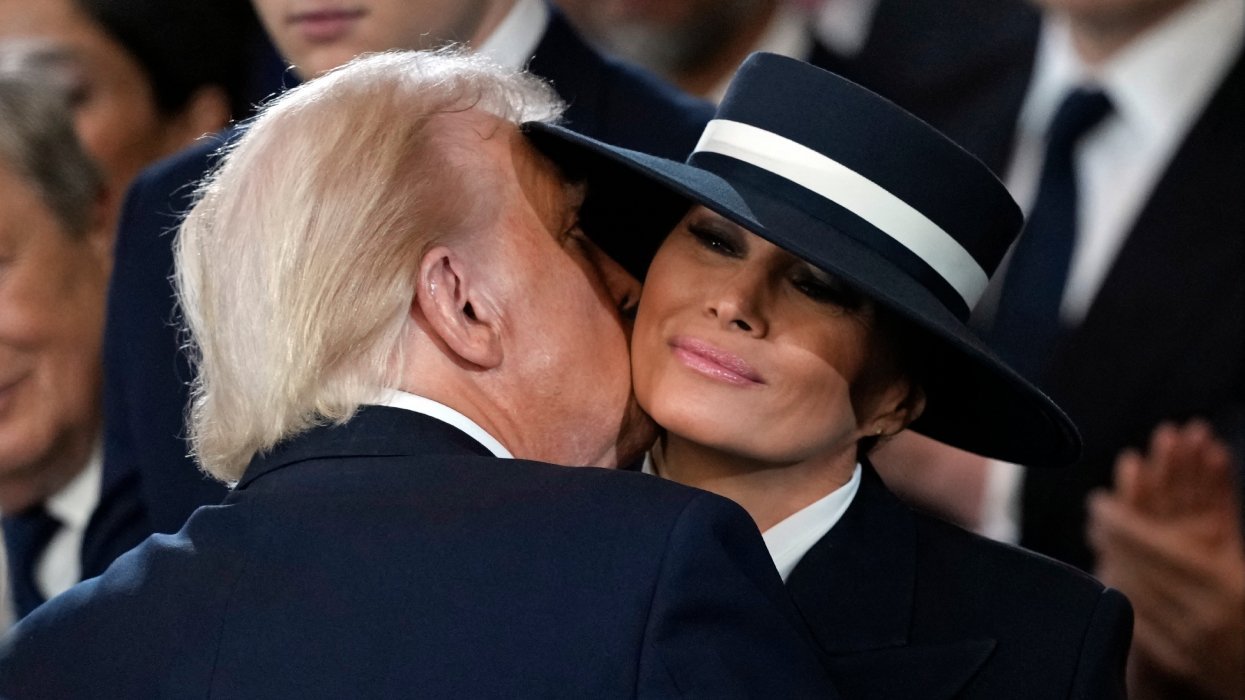


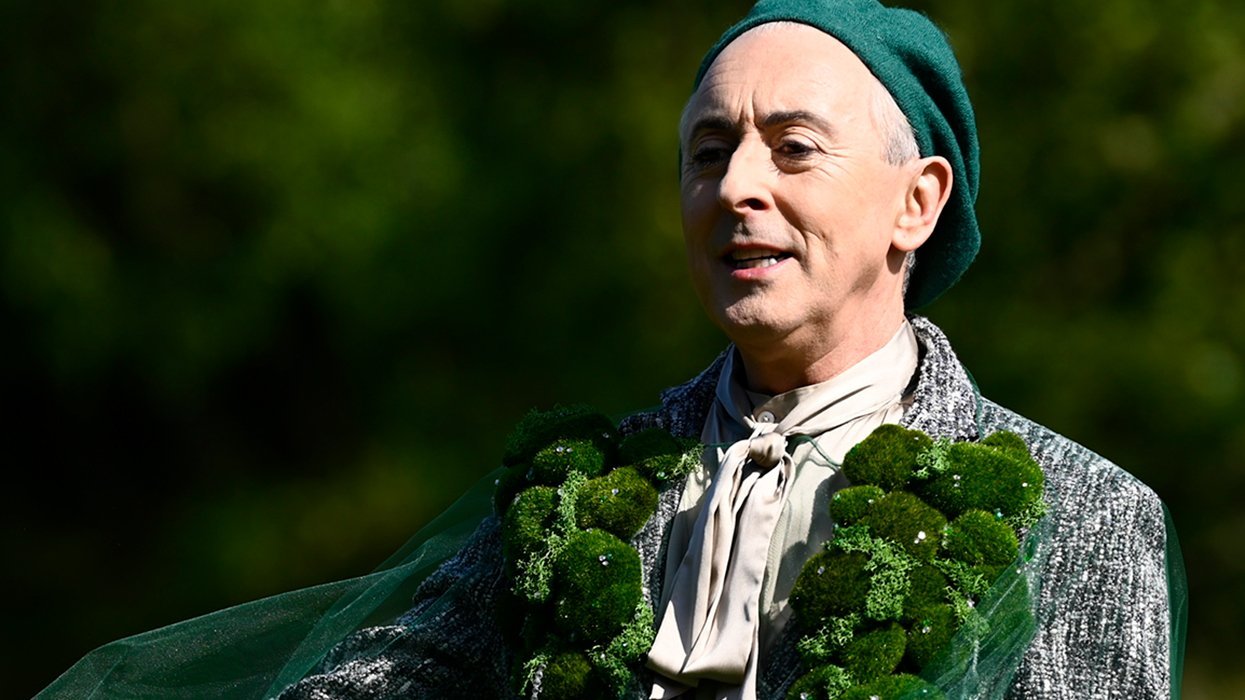
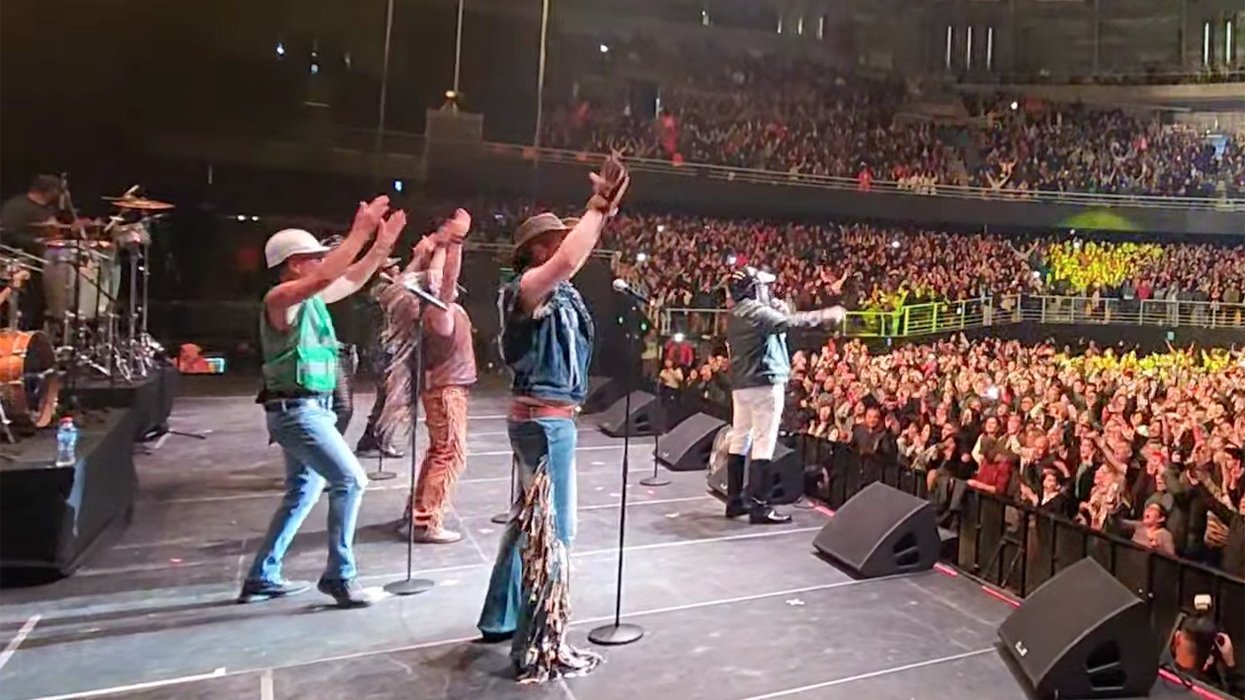
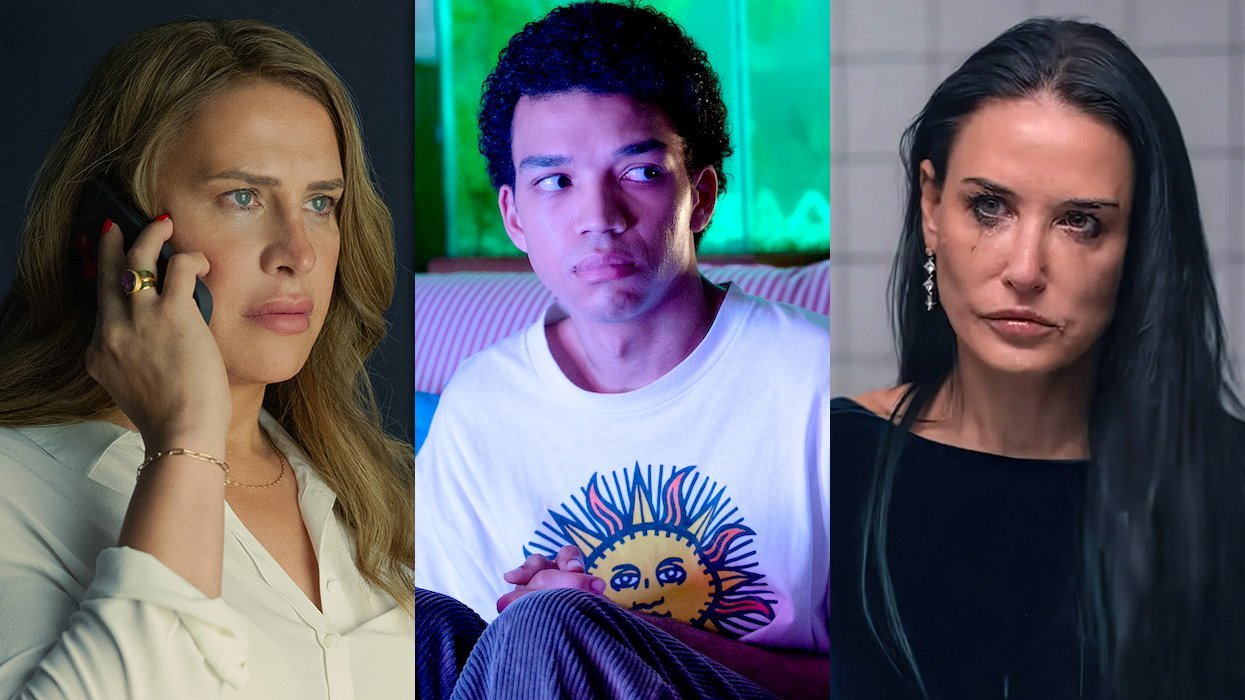
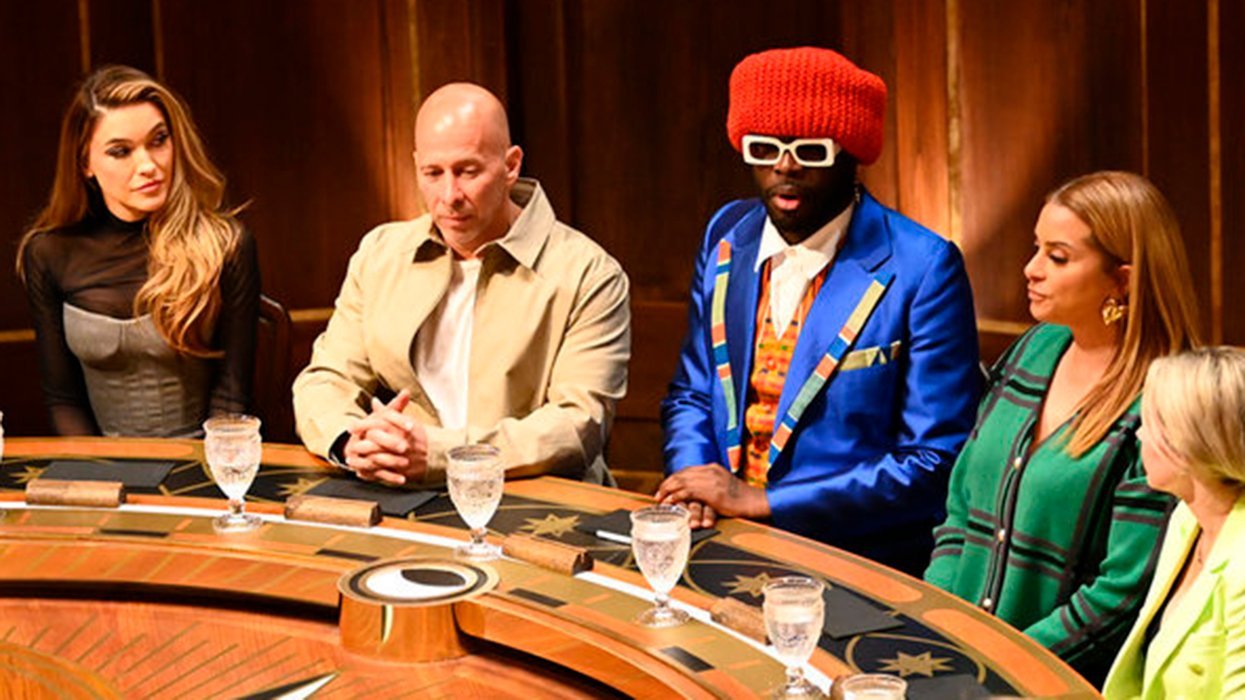
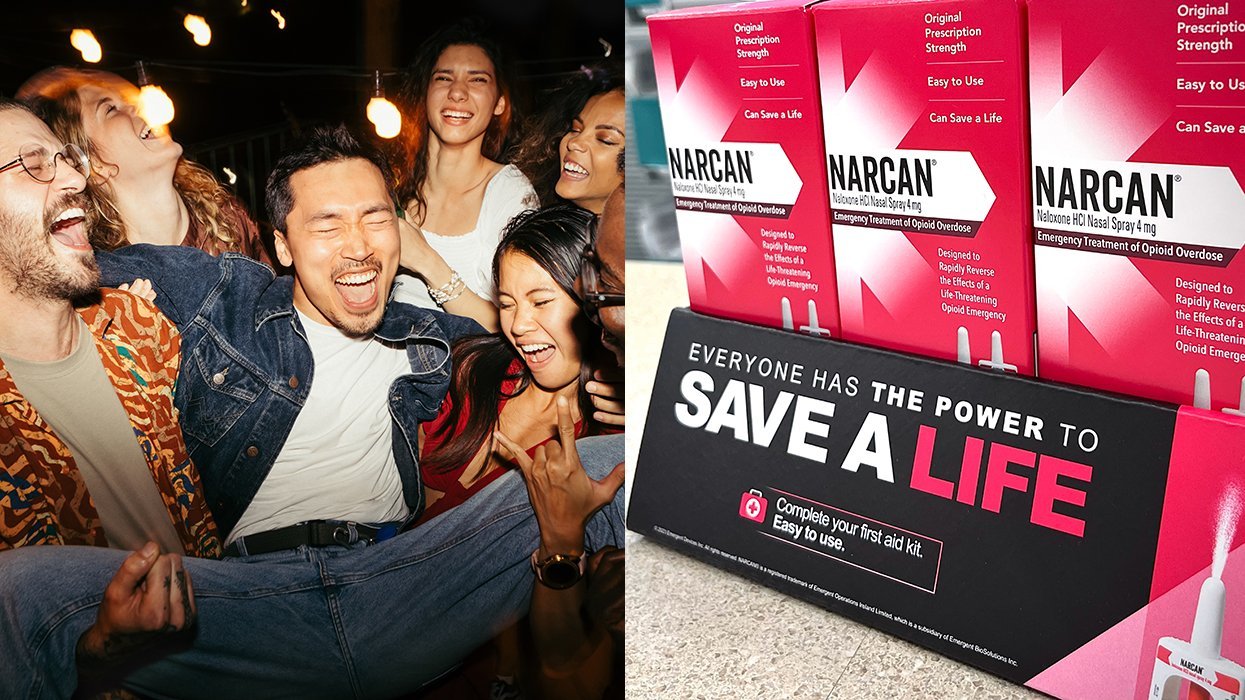
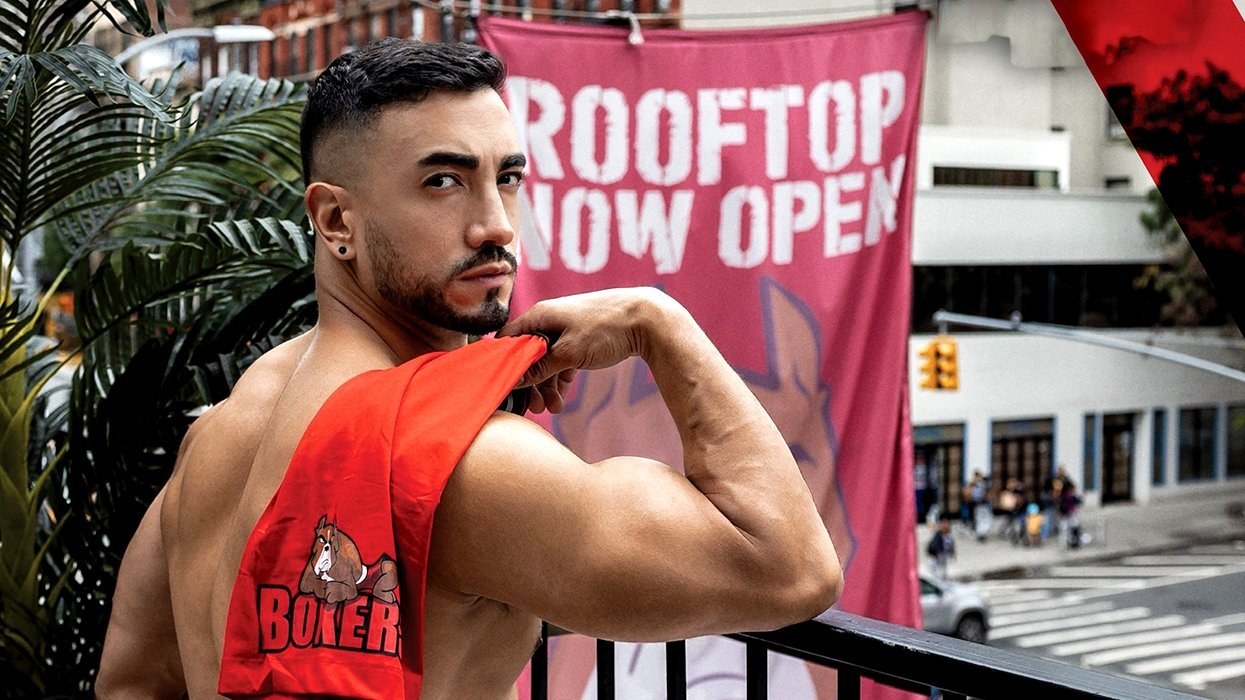
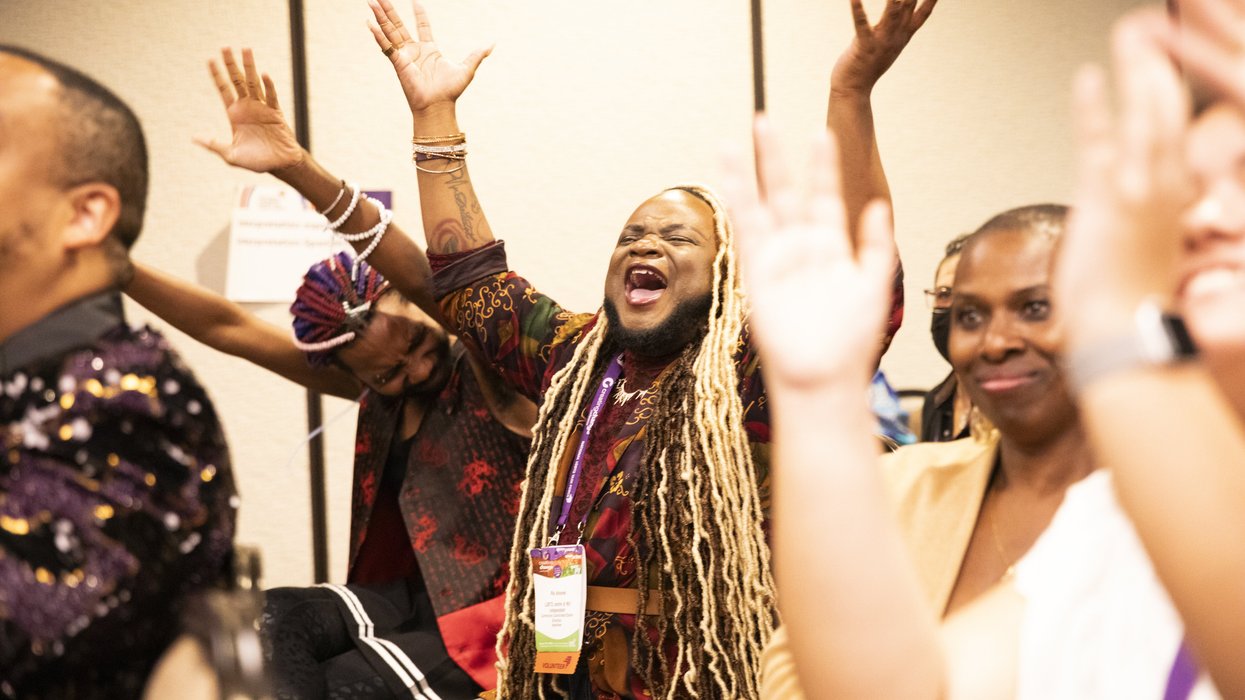
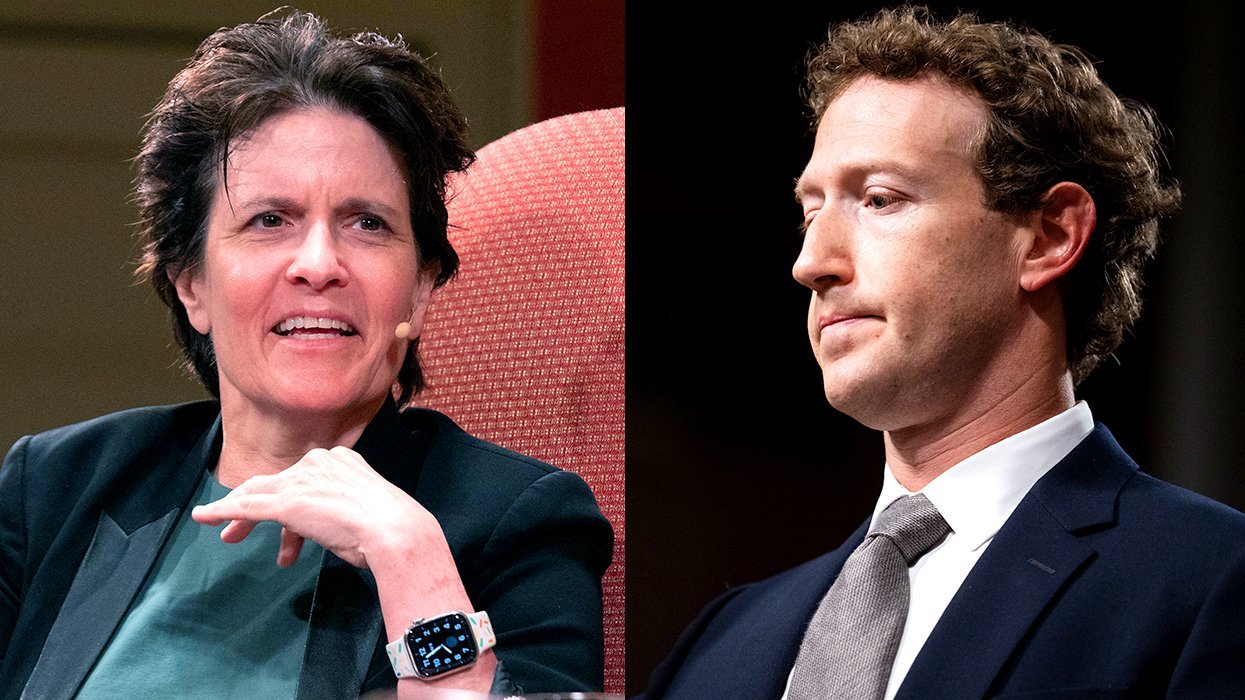
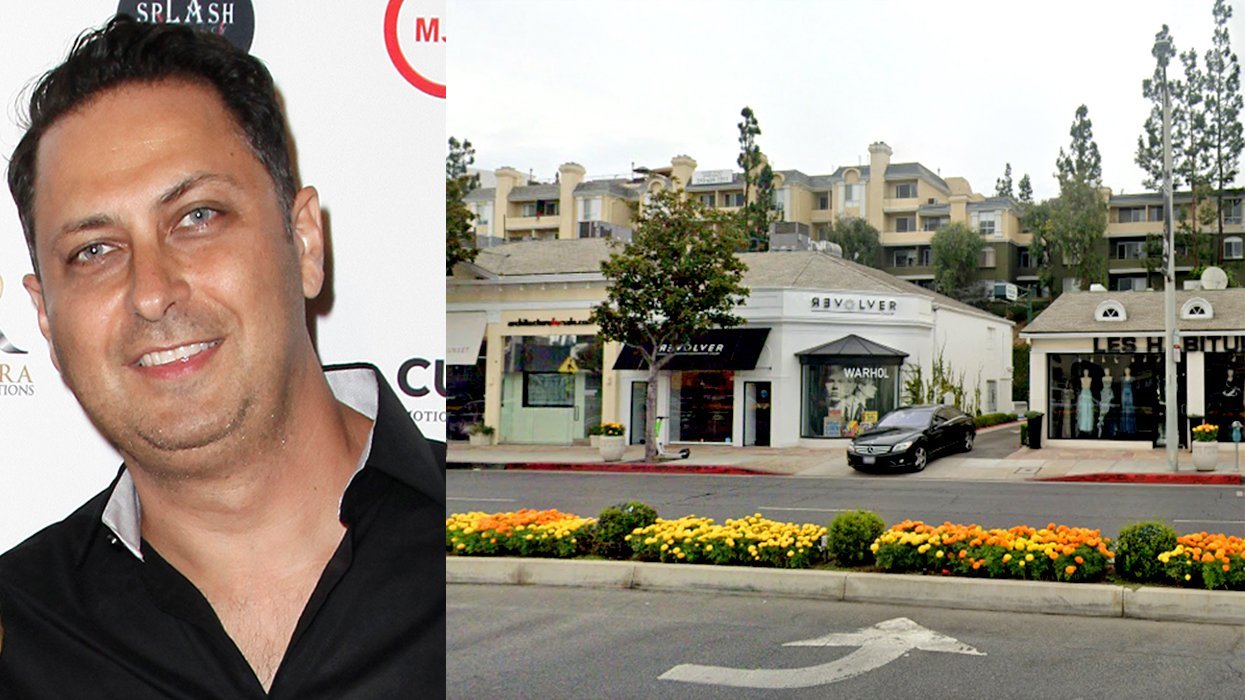
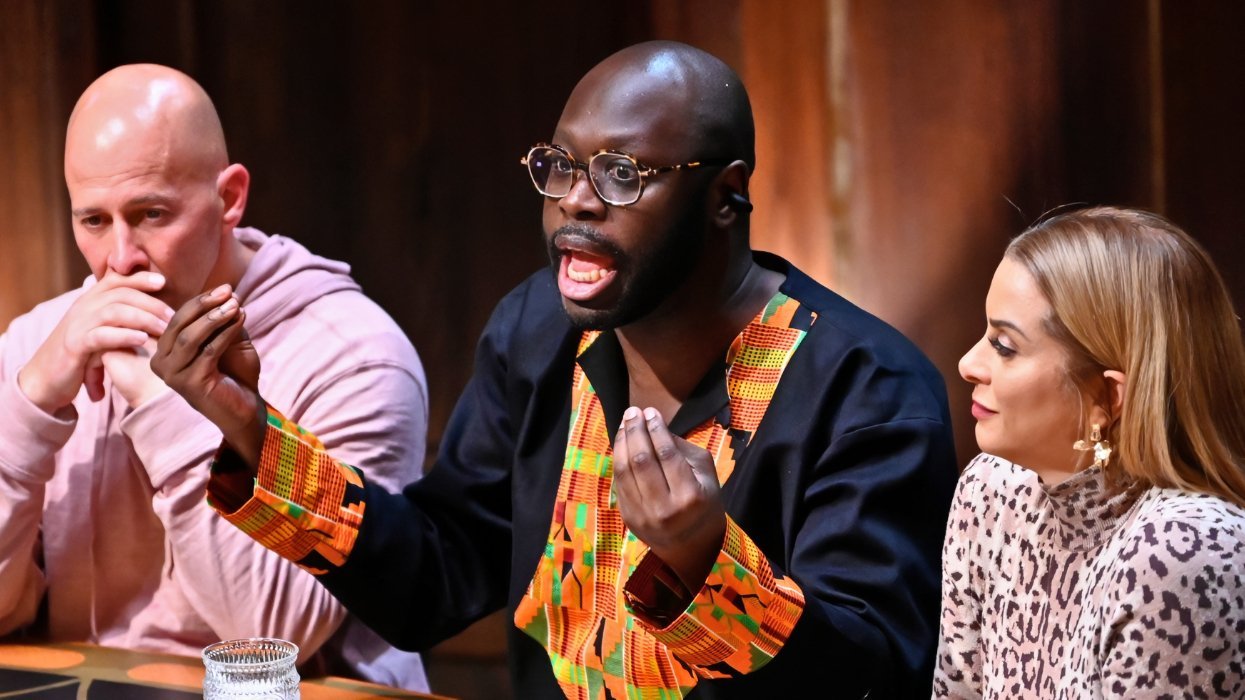
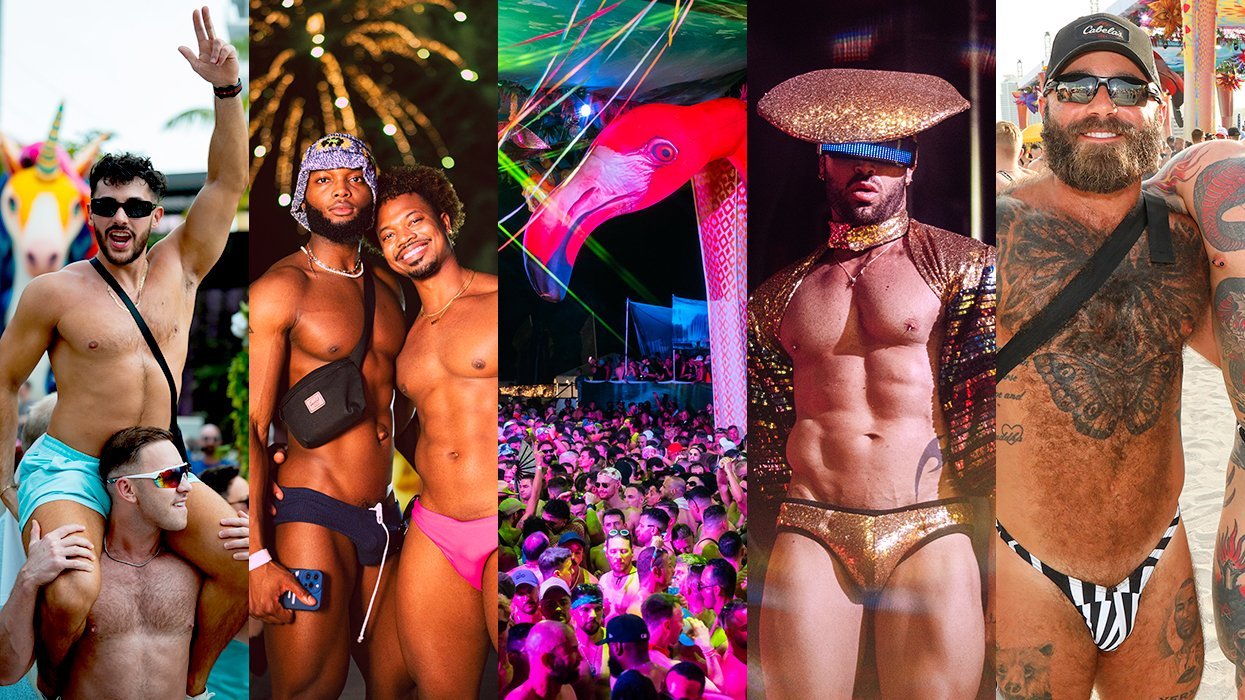

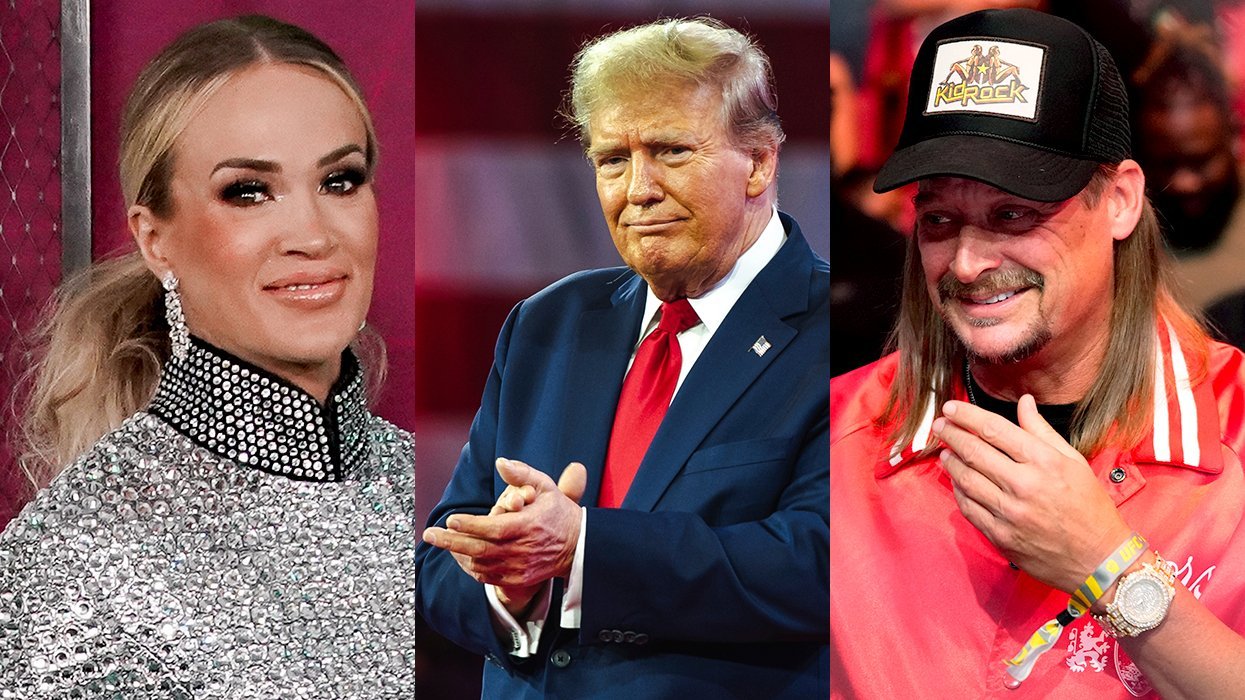
















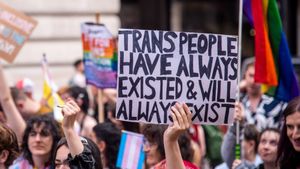

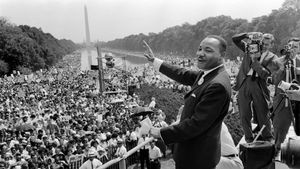




















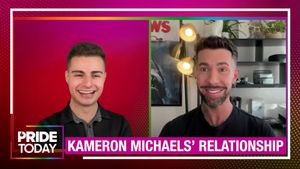









Beware of the Straightors: 'The Traitors' bros vs. the women and gays